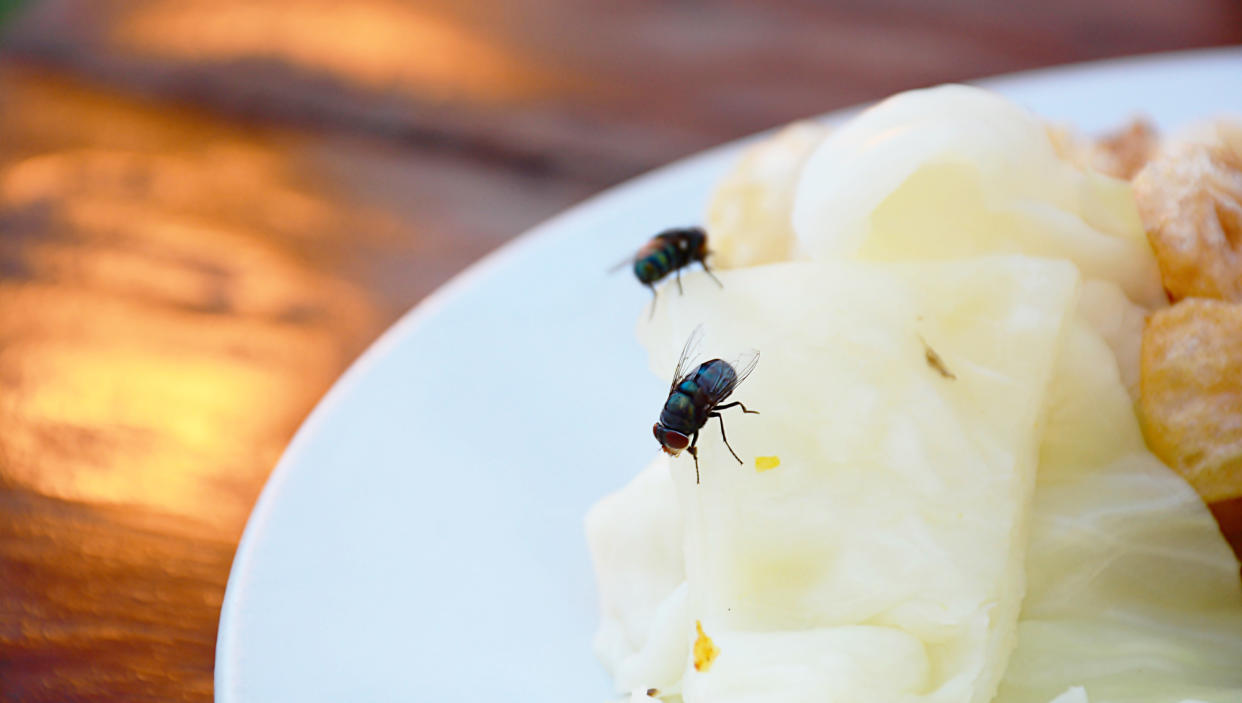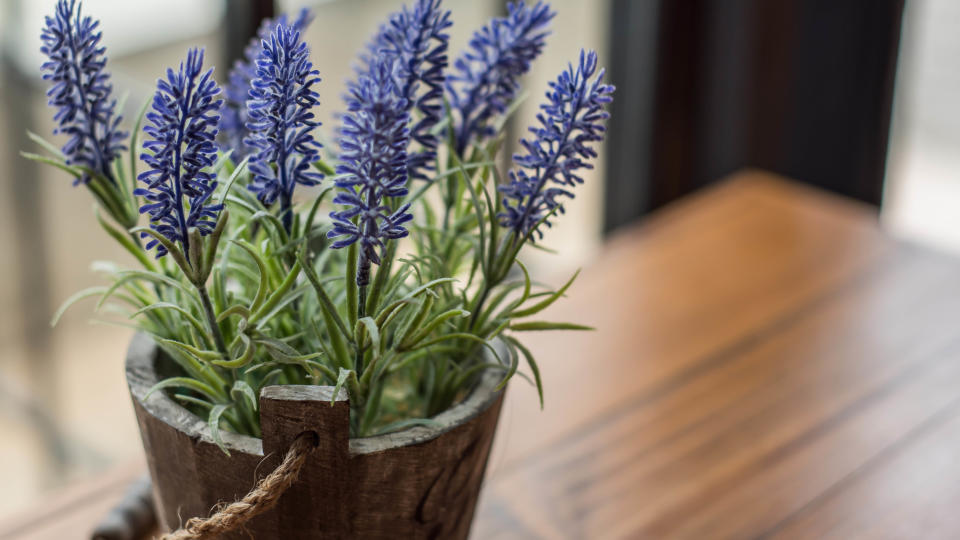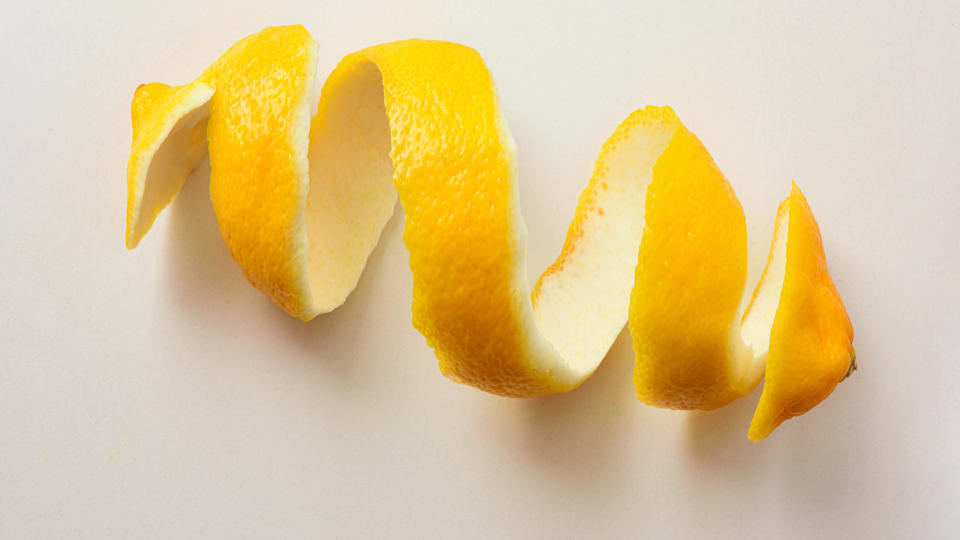7 ways to repel bugs while dining outdoors

Summer is here, and the perfect time to eat outdoors and enjoy the weather. But whether you’re hosting backyard cook-outs with one of the best grills, or prefer al-fresco dining alone, it can be a nuisance when bugs are hovering around your delicious meals.
Be it buzzing bees, flies, wasps, mosquitoes, or any other insects, these can often be off-putting when we’re trying to enjoy our food while frantically swatting away bugs. And when it all gets too much, this can leave us running for cover indoors — which defeats the purpose.
Luckily, there are simple ways to repel bugs while dining outdoors and keep them away from your patio. Most of these ‘repellents’ involve using household items and plants that won’t contain the harmful chemicals found in shop-bought insect sprays. Best of all, they are safe to use around children and your guests during those outdoor parties.
So, if you want bug-free barbecues this summer, check out these 7 ways to repel bugs while dining outdoors.
1. Burn Citronella candles

Citronella candles and diffusers are an effective, non-toxic way of repelling a host of insects in outdoor spaces. Made from citronella oil, this has a distinct smell (usually a cross between lemongrass or lavender), that bugs tend to steer clear of . Once burned, this will leave an aromatic fragrance in the air which would be pleasant for us, but offensive to pesky bugs.
“Citronella oil is known to repel bugs, so light some Citronella candles around the seating areas,” suggests Chris Bonnett, garden expert and founder of GardeningExpress.co.uk, “Not only will they drive away insects, the candles also create a cosy atmosphere in the garden and release an aromatic smell.”
Bear in mind that citronella candles are most effective at repelling bugs in the immediate area. So the closer you are to the citronella candle, the less likely you'll get bothered by pests.
2. Bug-repelling plants

Surprisingly, some plants are known to naturally repel various bugs and keep them at bay. This is because there are certain plants containing essential oils that produce a strong fragrant smell that deters insects.
“Plants like lavender, chrysanthemum, marigold and lemongrass are natural bug repellents because of their smell,” says Bonnett, “plant a couple of these near the barbecue to discourage insects and add some colour to your garden.”
In addition, you’ll have a sweet-smelling yard for your outdoor gatherings. You might also want to check out these 9 plants that repel mosquitoes, spiders and ants for a bug-free yard.
3. Make a herb centerpiece

Similarly, there are certain, aromatic herbs that are effective at repelling bugs. Fragrant herbs include basil, rosemary, or mint — all of which you’ll find in your kitchen cupboard!
A good tip is to make a centerpiece of herbs, and place it on tables and outdoor dining areas. Ideally, fill some vases or bowls with a herb combo of basil, lavender, lemongrass, rosemary, or mint. Once you place them around your tables, all the aromas should be strong enough to keep bugs at bay.
4. Citrus peels

Another fresh scent that bugs love to hate are citrus peels. These are toxic to certain types of fungi that ants in particular love to feed on. After you finish with your orange, lemon or grapefruit peels, place in small bowls around your outdoor dining areas, or patio where bugs are likely to visit.
Plus, if you want to know more about the powers of citrus, check out 9 things you didn’t know you could clean with a lemon and be amazed.
5. Try the water and pennies trick

If you want to try something different, this water and pennies trick might work. “This interesting trick uses light reflection to confuse bugs and drive them away,” says Bonnett, “Fill up a few glasses of water and drop some pennies into each cup. Place these near your barbecue and serving area and you’ll notice the flies won’t come past them.”
So, if you want extra protection against bugs, there’s no harm giving this water and pennies trick a go!
6. Fan them away (literally)

Instead of using your hands to fan away nuisance flies, mosquitos or any other insects, why not use a fan instead? Bugs are known not to fly very well in windy conditions, so consider setting up fans near your dining area (even better if you’re on a covered porch). The powerful gusts of wind should be enough to keep them at bay.
Alternatively, you can buy non-toxic, fly-repellent table fans much like these Fly Fans for Tables ($34, Amazon). These have reflective fan blades with a holographic dot pattern designed to bend and refract the light while spinning, which essentially confuses flying insects.
Not only will you be getting a much-needed, cool breeze while dining in the sun, but should have a bug-free outdoor feast.
7. Mow the lawn

We all want a beautifully landscaped garden, but cutting the grass can also help to keep bugs away. “Mowing the grass regularly can help reduce the population of bugs in your garden,” says Bonnett, “Make sure to cut the grass before your barbecue to eliminate potential breeding grounds and hiding spots.”
Beside mowing your lawn often, keep your yard tidy by raking leaves and garden debris, removing weeds, and pruning overgrown shrubs, plants, and bushes with one of the best pruning shears.
Just be mindful not to cut your grass too short in the process of keeping bugs away. And once you’ve finished gardening, check out these 9 ways you can reuse grass clippings after mowing.